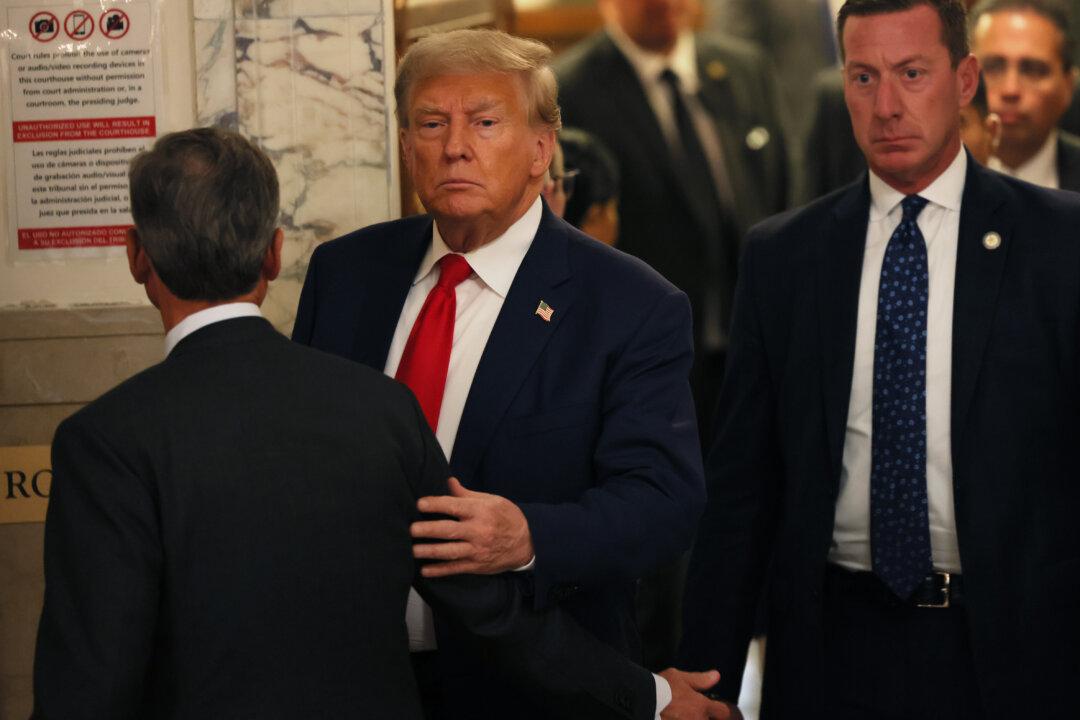Days before a civil trial against former President Donald Trump in Colorado is set to begin, Colorado District Judge Sarah Wallace rejected the former president’s legal arguments for dismissing the case.
The left-leaning Citizens for Responsibility and Ethics in Washington has sued the former president and Colorado Secretary of State Jena Griswold on behalf of six voters in Colorado to keep President Trump off the state’s ballot. The trial begins on Oct. 30.





